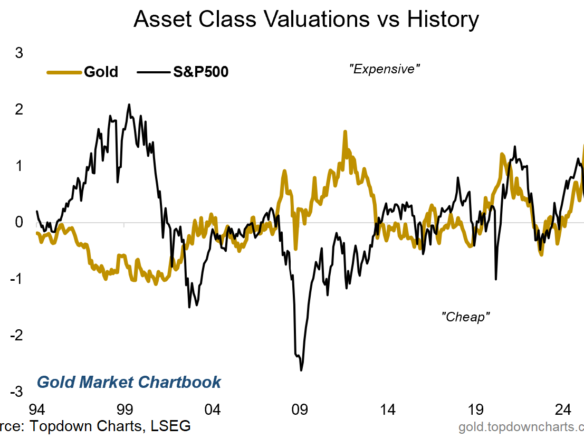Introduction to the Dubai and Beijing Real Estate Markets
The world of real estate investment is a vast and ever-evolving landscape, with opportunities available in various cities around the globe. Two cities that have been grabbing the attention of investors in recent years are Dubai and Beijing. These cities have seen remarkable growth in their real estate markets, attracting investors from all over the world. In this article, we will delve into the potential of these two markets, exploring the factors driving their growth, the investment opportunities they offer, as well as the challenges and risks involved.
Overview of the Dubai Real Estate Market
Investment opportunities in the Dubai real estate market are diverse and abundant. From high-end residential properties in prestigious neighborhoods like Palm Jumeirah and Dubai Marina to commercial spaces in business districts such as Downtown Dubai and Dubai International Financial Centre, investors have a wide range of options to choose from. Additionally, the city’s government has implemented investor-friendly policies, offering tax incentives and long-term residency visas, making Dubai an attractive destination for foreign investors.
However, investing in the Dubai real estate market does come with its fair share of challenges and risks. One of the key challenges is the market’s susceptibility to fluctuations in oil prices, as the economy heavily relies on the oil industry. Additionally, the market has experienced periods of oversupply, leading to a decline in property prices. It is crucial for investors to carefully analyze the market dynamics and conduct thorough due diligence before making any investment decisions in Dubai.
Overview of the Beijing Real Estate Market
Beijing, the capital city of China, holds a prominent position in the global real estate market. The city’s rapid economic growth, increasing urbanization, and rising middle class have contributed to the booming real estate sector. Chinese investors, in particular, have been actively participating in the Beijing real estate market, seeking opportunities for capital appreciation and rental income.
One of the key factors attracting Chinese investors to the Beijing real estate market is the strong demand for housing. The city’s population is rapidly growing, creating a need for residential properties. Additionally, the government’s policies promoting urban development and infrastructure projects have further fueled the demand. Chinese investors see this as an opportunity to invest in a market with high potential for capital gains.
Investment opportunities in the Beijing real estate market are vast, ranging from residential apartment complexes to commercial office spaces. The city offers a diverse portfolio of properties, catering to different investor preferences. Furthermore, the government has implemented measures to control property speculation, ensuring a stable and sustainable market environment.
Despite the promising opportunities, investing in the Beijing real estate market also comes with challenges and risks. One of the key challenges is the strict regulations imposed by the government to curb speculative activities. These regulations can impact the liquidity of the market and restrict foreign investors’ access to certain property types. Additionally, the market is susceptible to policy changes and economic fluctuations, requiring investors to stay vigilant and adapt to the evolving landscape.
Comparing the Dubai and Beijing Real Estate Market Price Analysis
When comparing the Dubai and Beijing real estate markets, it is essential to analyze the price trends and potential returns on investment. Dubai has historically been known for its high property prices, driven by its luxury reputation and high demand. However, the market has experienced periods of correction and stabilization, providing opportunities for investors to enter at more favorable prices. On the other hand, Beijing’s real estate market has seen steady price growth, fueled by strong demand and government policies. The market is characterized by stability and potential for long-term appreciation.
In terms of rental yields, Dubai has traditionally offered higher returns compared to Beijing. The city’s thriving tourism industry and the influx of expatriates have created a robust rental market. However, Beijing’s rental market is also promising, with increasing demand from the growing population and the rise of the middle class. Rental yields in Beijing may be slightly lower than Dubai but are still attractive for investors seeking stable income streams.
Conclusion: Choosing the Right Real Estate Market for Investors
Choosing between the Dubai and Beijing real estate markets ultimately depends on the investor’s risk appetite, investment goals, and market understanding. Dubai offers a luxurious and cosmopolitan lifestyle, with a diverse range of investment opportunities. The city’s government policies and investor-friendly environment make it an attractive destination for global investors. On the other hand, Beijing provides access to a rapidly growing economy, fueled by urbanization and strong demand for housing. Chinese investors, in particular, have found success in the Beijing real estate market.
Ultimately, investors must conduct thorough research, seek professional advice, and carefully consider their investment strategy before venturing into either market. Both Dubai and Beijing have unique potentials and risks, and it is crucial to evaluate these factors to make informed investment decisions.
CTA: Are you ready to explore the real estate potential in Dubai or Beijing? Contact our team of experts today to discuss your investment goals and find the right opportunities for you.



Join The Discussion